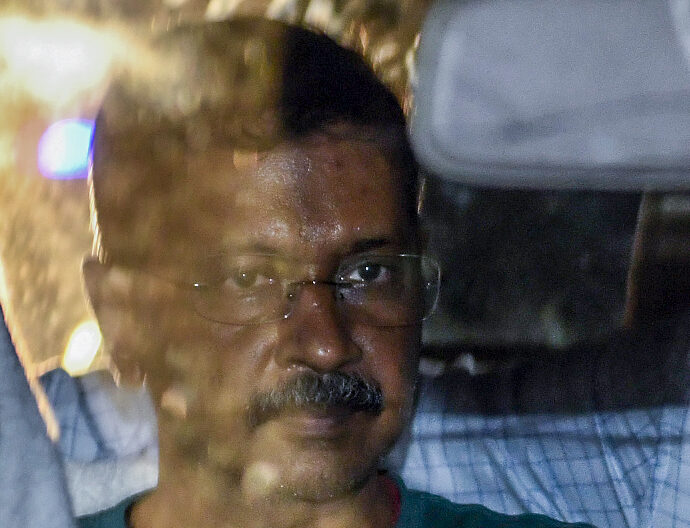The Supreme Court has granted interim bail to Delhi Chief Minister Arvind Kejriwal in the money laundering probe by the Enforcement Directorate (ED). The court referred Kejriwal’s petition challenging his arrest to a larger bench, raising questions about the ED’s power to arrest and the doctrine of proportionality in such cases.
A bench of Justices Sanjiv Khanna and Dipankar Datta framed three questions related to the power and policy of arrest by the ED, which will be heard by a larger bench. The court noted that the legal scope of reading need and necessity to arrest and the doctrine of proportionality in ED cases need to be determined.
Kejriwal was arrested in March by the ED over alleged corruption in the now-scrapped liquor sales policy. A trial court granted bail to the Aam Aadmi Party (AAP) supremo on June 20, but the Delhi High Court later stayed the order.
The Supreme Court’s decision is seen as a significant development in the case, with AAP leaders hailing it as a victory for truth and a blow to “dictatorship”. Senior AAP leader Sanjay Singh, who is out on bail in the same case, claimed that everyone, including the trial court and Supreme Court, believes that Arvind Kejriwal has been falsely implicated by ED.
Delhi minister and AAP leader Saurabh Bharadwaj stressed that the Supreme Court’s verdict will prove to be a very big milestone for the misuse of the Prevention of Money Laundering Act (PMLA) if Kejriwal’s arrest is declared illegal. “Many people are waiting for this judgment, and we hope that this judgment will strengthen the constitution of our country,” he said.
While Kejriwal will be released on interim bail, he will remain in custody due to a separate case being investigated by the Central Bureau of Investigation (CBI) in the excise policy matter. The court also said it cannot direct the Delhi chief minister to step down because of his arrest, adding that it is for Arvind Kejriwal to take a call.

















Comments